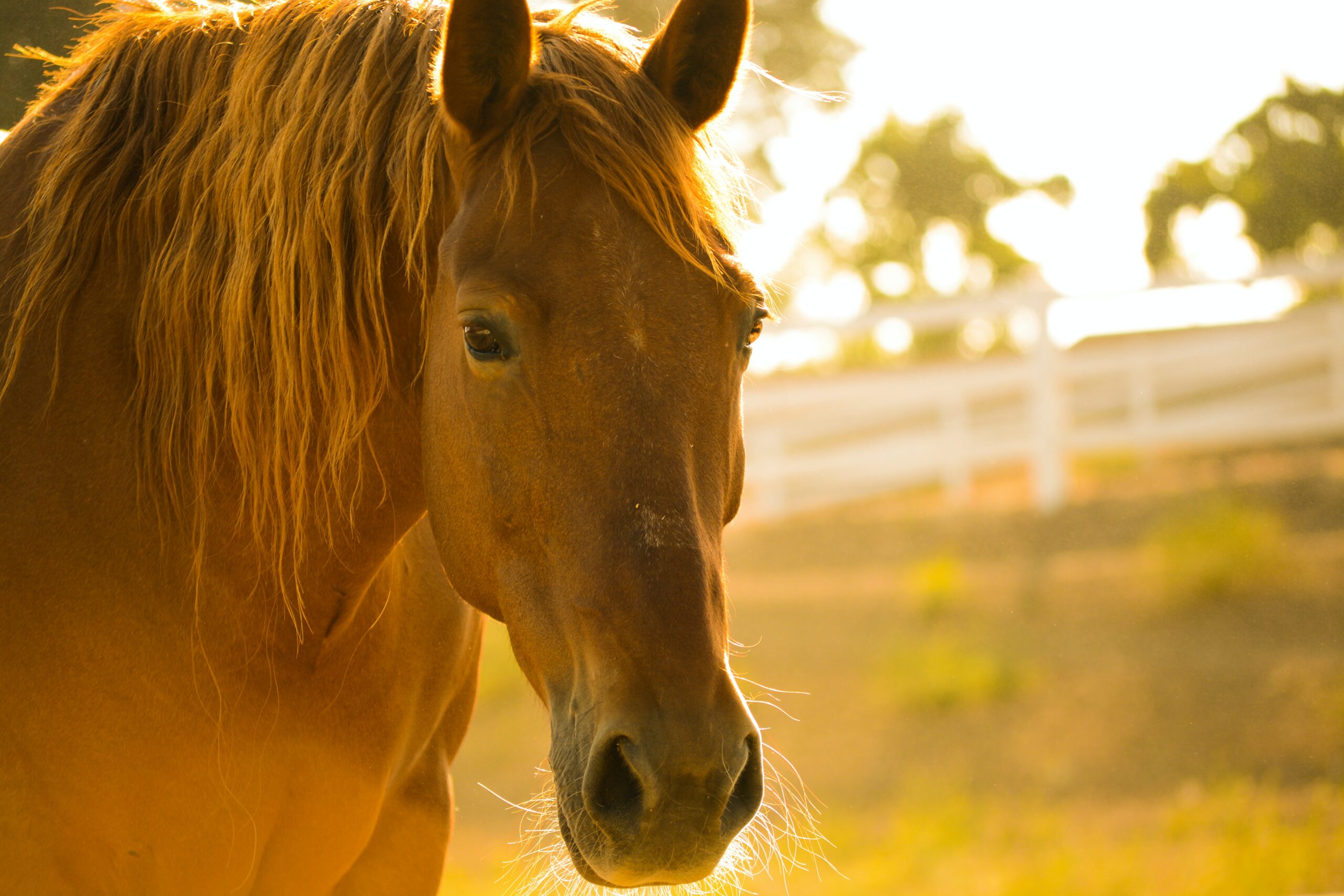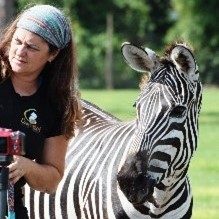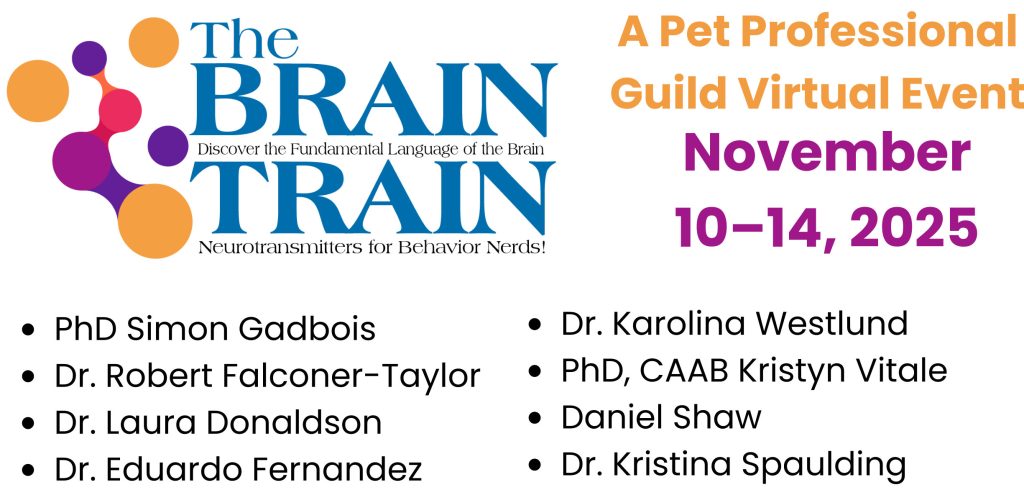Pets and Their People Blog
Animal Training Foundations for Future Success

I’m very much into practical training and tend to focus on building behaviors that make managing and handling animals easier.
Practical Training Foundations
The benefit of this approach is that most of the behaviors I focus on build a foundation for the more advanced behaviors that people ultimately want.
Teaching your horse to line up at the mounting block is great, but not if your horse is throwing his head up when you try to halter him in the stall, or is cutting you off when you’re trying to walk with him to the arena. Training starts where the problems start. If you skip those issues and go right to lining up at the mounting block, your training for lining up will not be as good as it could be if you resolved the haltering and leading issues first.
Sometimes as you’re working with your equid, you may run into an issue that you’re not prepared to work through in the moment, and that’s ok. Just make sure that you circle around to it later instead of letting the problem grow indefinitely. A bit of head tossing during haltering may not seem like a big deal now but when your horse really throws their head later and ends up giving you a black eye (true story!), you may regret not addressing it while it was still just a bit of head tossing.
Faster Learning with Positive Reinforcement
One of the cool things about training via positive reinforcement is that the more new things your equid learns, the faster and easier they’ll learn new things.
We call these ‘clicker savvy’ horses. They know the training game so well that they can easily figure out what the “hot” behavior is and will repeat it with confidence, allowing you to build upon that foundation and get your goal behavior within a very short amount of time.
This premise means that if you focus on training the practical behaviors you use every day, like haltering and leading and picking up feet, you’ll be building a solid foundation for the fun stuff you really want to train, like tricks or riding, and your equid will learn those new behaviors with little effort.
About the Author

Michelle Martiya is a certified animal trainer offering virtual coaching services anywhere in the world. She works with all species and specializes in fearful and feral equids. You can contact Michelle through www.essentialanimaltraining.com or www.instagram.com/essentialequinetraining.

